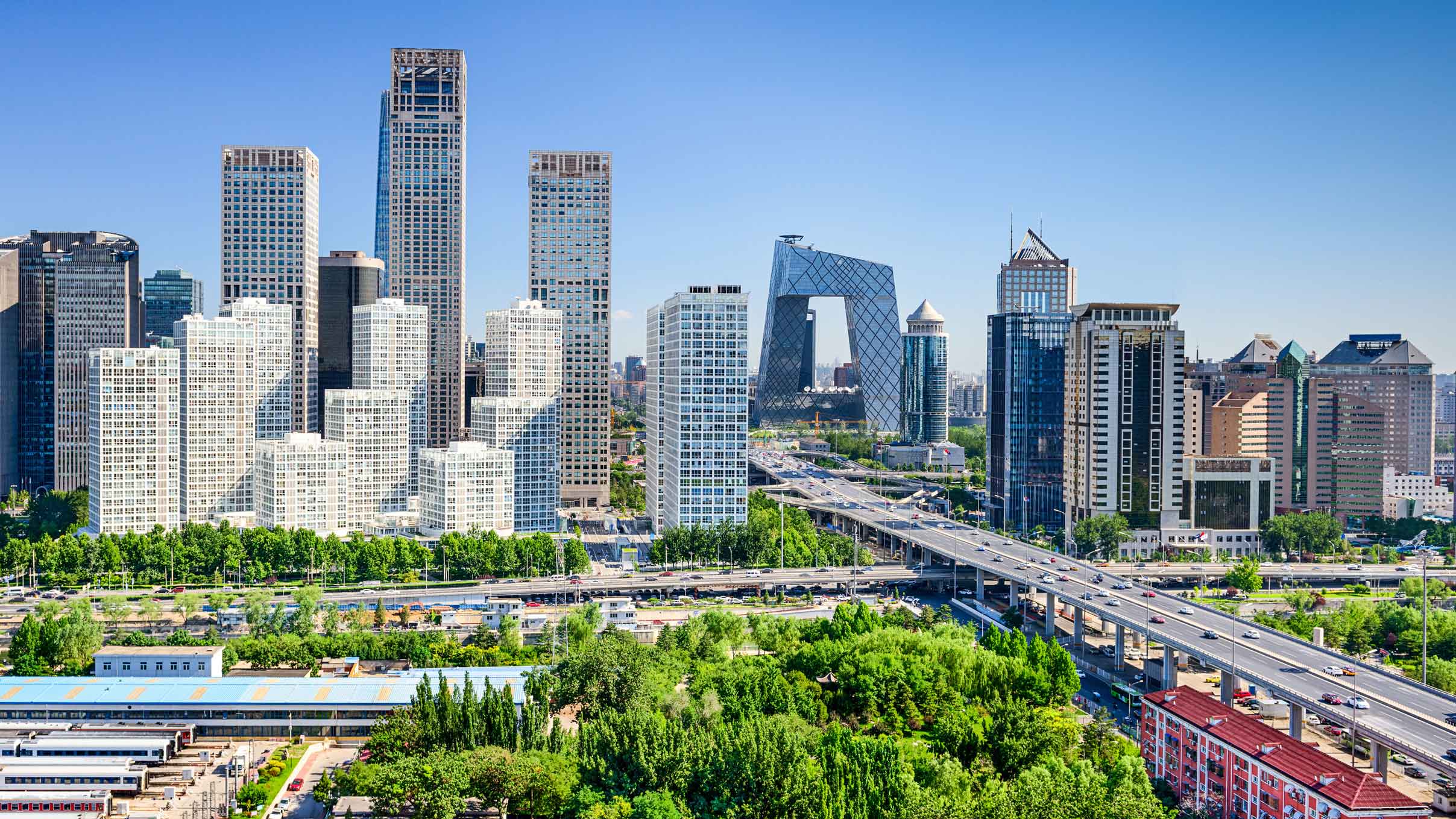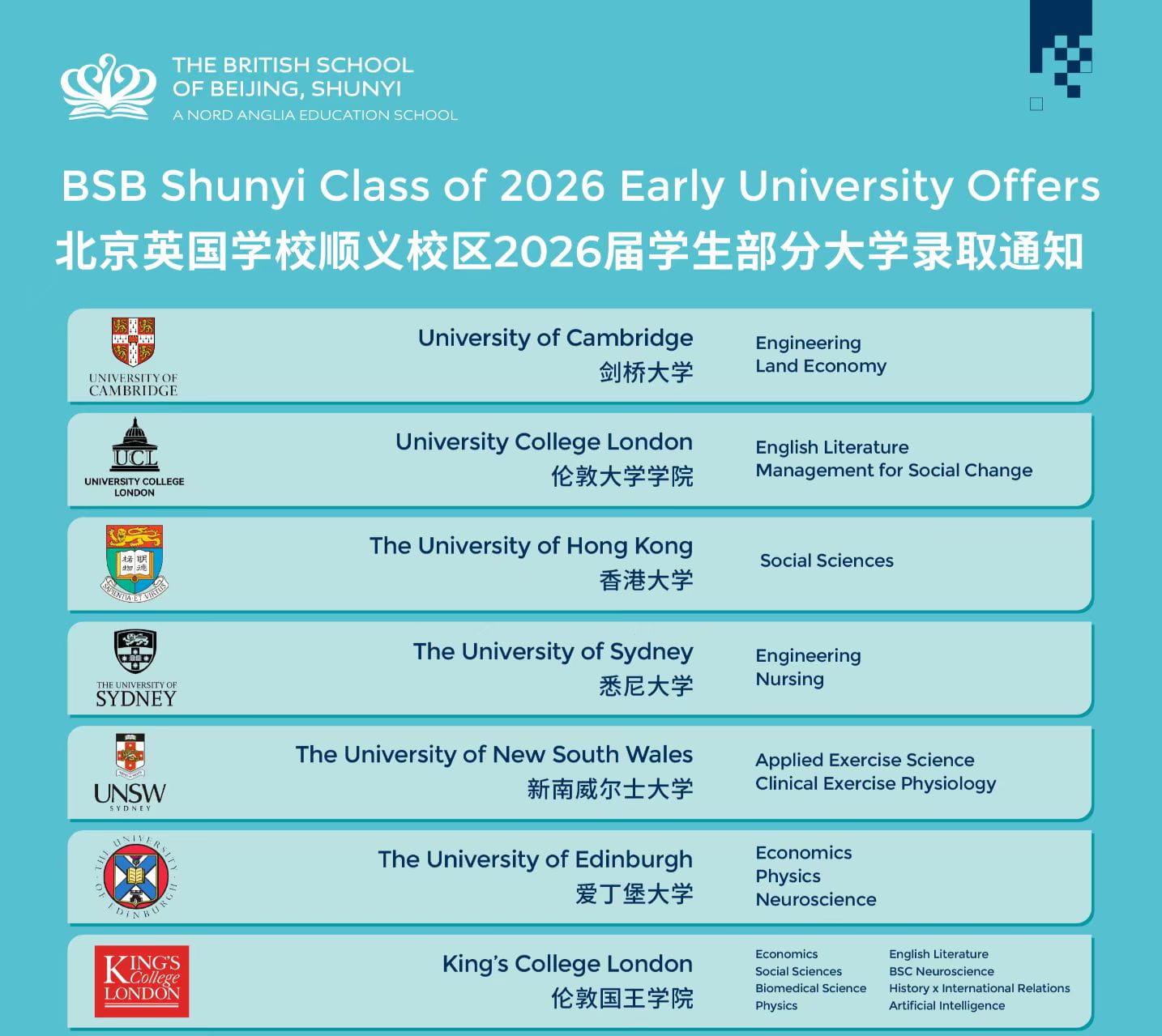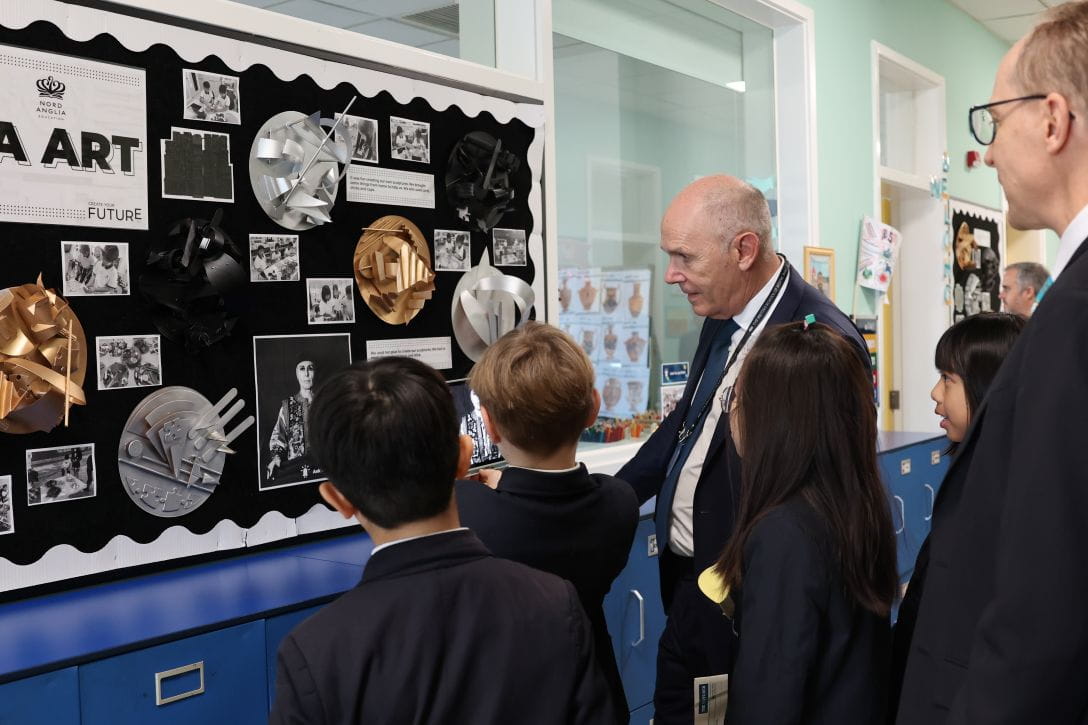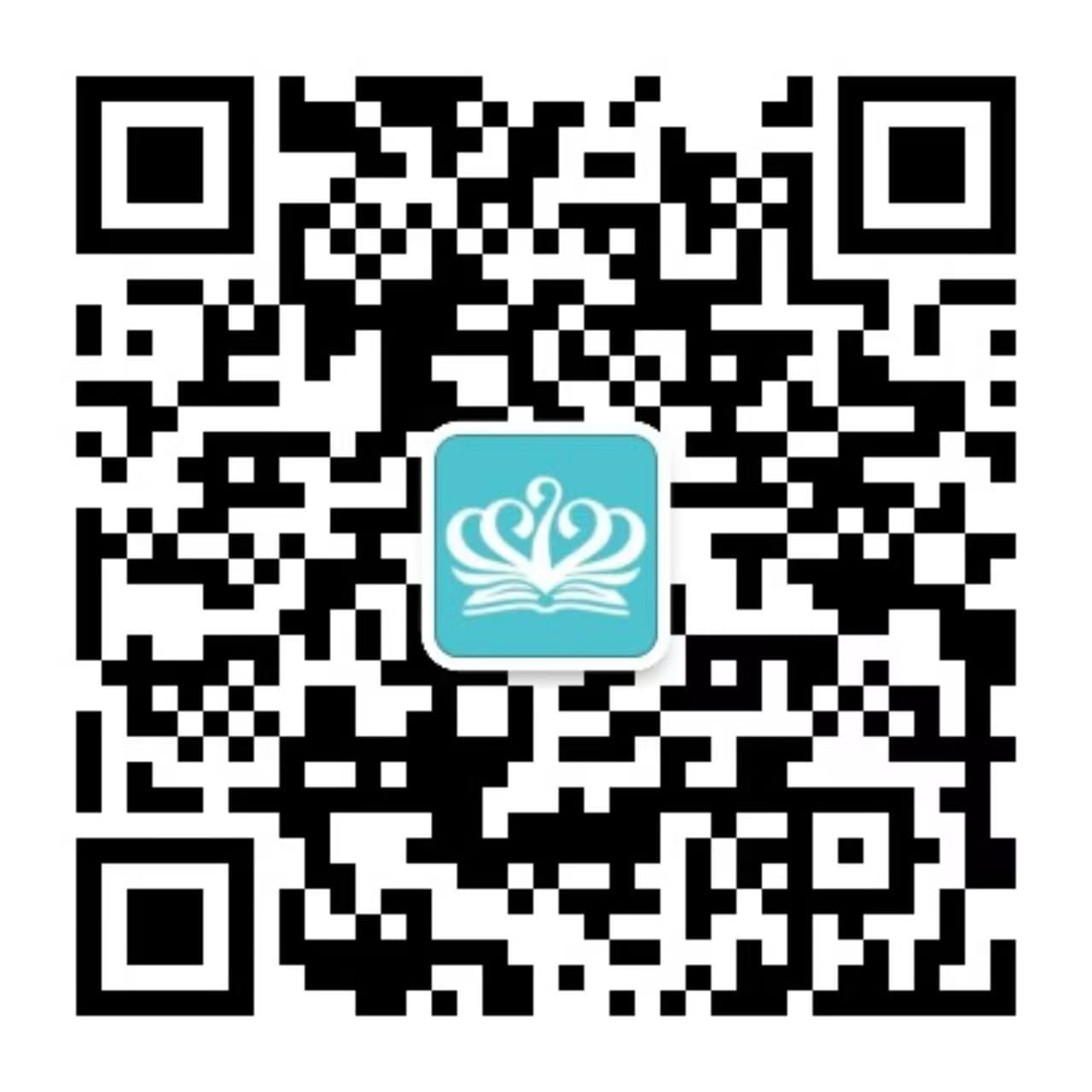Getting Around
For Beijingers, part of living in a rapidly growing city of 20 million is being crammed into a subway car, festering in rush hour traffic and dodging cards, bikes, electric tuktuk’s, and busses at intersections.
However, there are systems in place to get around efficiently, and the government is working hard to tackle the on-going challenges posed by a growing car-buying population and a culture of perceiving traffic signals as mere suggestions.
As infrastructure continues to improve, and there are new subway lines and stops opening every month. There are also new laws in place requiring drivers to leave their cars at home one day per week and allowing only 30% of government and military vehicles downtown on weekdays.
On the first few weeks, it’s a good idea to carry a map with you or download one of the many available Beijing map Apps available. Tiananmen Square and the Forbidden City lie at the geographic centre of Beijing. As you travel out from the centre, you pass five Ring Roads. Inside the Third Ring Road is considered downtown Beijing and holds most of the city’s major attractions and entertainment.
Taxis are generally a cheap and efficient way to get around Beijing. It’s easy to flag one down on most busy streets, unless it’s raining, or rush hour, in which case you can either call a taxi service to send you a car for an additional 4 RMB, or head for the nearest subway stop.
Most of the larger villa compounds in Shunyi provide regular shuttle bus service to and from major spots downtown for their residents free of charge. It is highly recommended to keep a bi-lingual name card (called a mingpian) of your home address as most taxi drivers do not speak or read English.
Neighbourhoods
The Central Business District or CBD is the modern bustling financial centre of Beijing; characterised by glass buildings, high-rise apartments, hotels, office towers, and Embassies. Almost all the rental in the CBD is quite valuable and rents are generally higher than anywhere else in Beijing.
Shunyi is north of Beijing, 30 KM from downtown and just 10 minutes from the Beijing Capital International Airport. It has a suburban feel commonly described as an expatriate bubble as the housing, international schools, restaurants, and grocery stores are tailored for the foreign population so one feels they could be almost anywhere in the world, except China.
In between the CBD and Shunyi is another expatriate neighbourhood called Lido, named after the largest hotel, serviced apartment, and retail complex in the area. Just off the airport express way half way between the airport and the Third Ring Road, it is a busy area for expatriate options of what to do in Beijing from restaurants to healthcare.
Healthcare
A wide range of healthcare is available in Beijing from hospitals and clinics tailor built for the expatriate population of Beijing.
The largest is Beijing United Family Hospital and Clinics with a full hospital in Lido, and also with a clinic in Shunyi. International SOS also has a hospital and clinic in the CBD. The newest full service hospital and clinic is Oasis International Hospital also in the Lido area.
Smaller clinics and dentists with English speaking and internationally trained physicians are conveniently located across the city near expatriate housing. These hospitals draw expatriates from all over China for a range of medical services, one of the favourites being the birthing suites complete with hot tubs, flat screen TVs, and expatriate Doctors.
With imported equipment, imported vaccines, and foreign doctors more families are choosing to stay in China to give birth. Local hospitals and clinics are available, some with foreign sections with very affordable pricing as long as you don’t mind the lack of privacy.
The Chinese hospital approach to consultation and treatment tends to involve more people, in more open areas, giving a sense of less privacy than in other Western medical facilities. However, you will be treated by some of the most knowledgable and professional medical practitioners in the world.




.jpg?h=249&iar=0&w=374&rev=95e6c81746bf4bb9934e0dc40e4189d2&hash=29AF576212E29667276BD4F417551981)




